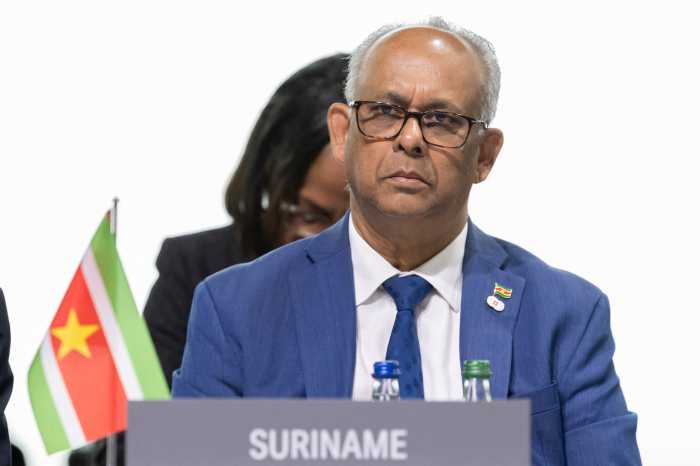A new World Bank-supported business hub inaugurated on Monday in Trinidad and Tobago will support the growing number of clean energy and climate technology ventures in the Caribbean, the Washington-based financial institution says.
The World Bank said the Caribbean Climate Innovation Center (CCIC), first of its kind in the region, will help reduce the significant threats posed by climate change through the creation of new green businesses.
It said climate change can have “a serious impact on the Caribbean,” pointing to a recent study it conducted that highlights how an estimated 4°C increase in global temperatures “would have disastrous consequences, including increased frequency and intensity of storms, coastal erosion and decline of fresh water resources.”
Additional research estimated that the cost for the Caribbean could be up to US$11 billion annually by 2025, the World Bank said.
To address the economic impact of climate change in the region, the bank said the CCIC will help local companies – working g in solar energy, energy efficiency, water management, resource efficiency and agribusiness – become successful “green: ventures through financing, training, mentorship and other services.
“The new CCIC will help turn climate challenges into economic opportunities,” said Sophie Sirtaine, World Bank country director for the Caribbean.
“Companies in the Caribbean have the skills and experience to innovate and find environmentally sound and profitable climate solutions the region needs,” she added. “The CCIC will work with them to make this happen.”
Sirtaine said numerous domestic natural resources, such as solar, wind, geothermal and biomass, can be tapped to move the region away from fossil fuels.
By supporting local climate technology companies that make use of these natural resources, Sirtaine said the CCIC is expected to cut 20,882 metric tons in Green House Gas emissions in the first six years of operation, which is equivalent to the exhaust emissions from 4,500 passenger cars per year.
“We believe biodiesel could play an important role in the energy landscape of the Caribbean,” said Elliot Lincoln, founder of Themba Biofuels, based in Antigua.
“We aim to replace 10 percent of imported diesel fuel with biodiesel and create more than a hundred jobs,” he added. “I look forward to the support of the CCIC as we scale our operations and develop new markets.”
The World Bank said the CCIC will have facilities in Jamaica and Trinidad & Tobago, as well as satellite hubs in other Caribbean islands.
It said the center will be part of a global network of eight Climate Innovation Centers located, among others, in Kenya, India, Vietnam and Ethiopia.
The CCIC will complement other on-going World Bank and donor initiatives, including the Foundations for Growth and Competitiveness in Jamaica and the Caribbean Growth Forum, the bank said.
Supported by the World Bank Group and its global innovation program infoDev, and by the Department of Foreign Affairs, Trade and Development of Canada, the CCIC was developed in close collaboration with regional public and private sector partners.
The World Bank said it is hosted by the Jamaica-based Scientific Research Council and the Caribbean Industrial Research Institute in Trinidad and Tobago.


























